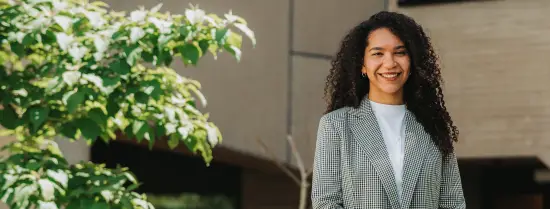What does this study entail?
Against the backdrop of quick digitalisation, increasing cultural diversity, and media saturation, the master specialisation Media, Culture & Society allows you to study the societal impacts and uses of established and emerging media. This involves, for example, considering the media’s role in pressing debates about identity, gender, race, ethnicity, migration, and class. Likewise, we will reflect on the shifting lines between the private and the public, the global and the local, citizens and consumers, media users and producers. You will acquire the expertise to translate these insights to and conduct research within a wide range of topics and organisations, including—but not limited to—NGO’s, political and research institutions, and media organisations.
Trained by international experts in an interactive class environment, Media, Culture & Society graduates are equipped with theoretical and hands-on knowledge about current and future media developments.
Is this the right programme for you?
Are you interested in the ever-changing media environment and the ways in which media are shaped by and affect our personal and social lives? How do media reflect and affect the relations between the private and the public, the global and the local, citizens and consumers, and media users and producers? What role do they play in racism and discrimination, as well as in activism and social change? The master specialisation Media, Culture & Society offers you the opportunity to gain expertise on this in a truly international classroom within one of Europe’s most diverse and multicultural cities.

Five reasons to study Media, Culture and Society at the EUR
- Gain cutting-edge knowledge of key developments in the media world and their wider societal causes and consequences;
- reflect critically on the media’s relation to issues such as gender, migration, cultural diversity, and social justice to strengthen your ability to contribute to pressing contemporary debates;
- strengthen key academic and professional skills, such as presentation, analytical thinking, argumentation, writing, and systematic research;
- join a diverse and engaged classroom, while being guided by a professional, international, and enthusiastic team of experts who actively support you, offering intensive and individual coaching;
- study in Rotterdam, a centrally located European city, hosting a dynamic international community, a vibrant music and art scene, renowned museums, popular festivals, restaurants and food markets with flavors from all over the world.

